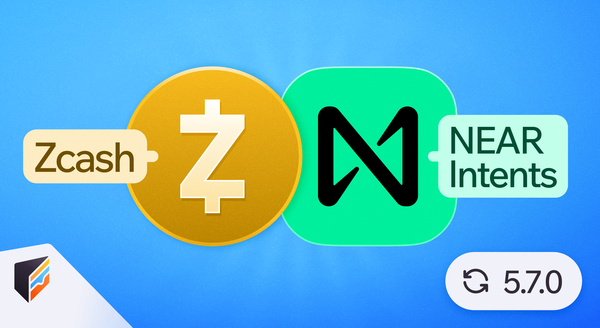Google Gemini: The Biggest Data Offender in AI Privacy
In a shocking revelation about AI privacy, recent research shows that Google Gemini collects "significantly" more personal data than its competitors, including the controversial DeepSeek.

In a shocking revelation about AI privacy, recent research shows that Google Gemini collects "significantly" more personal data than its competitors, including the controversial DeepSeek.
Data Collection Champion
According to a study by Surfshark, Google Gemini is the most data-intensive AI chatbot on the market, gathering a staggering 22 out of 35 possible user data types. This includes highly sensitive information such as:
- Precise location data
- User content
- Device's contacts list
- Browsing history
- Search history
While many have raised concerns about DeepSeek, the Chinese AI model that debuted in January, the research places it only fifth on the list of data collectors, accumulating 11 data types compared to Gemini's 22.
Third-Party Sharing
The investigation revealed that about 30% of popular chatbots share sensitive user data with third parties such as data brokers. Google Gemini is among the worst offenders in this category as well.
Only Gemini, Copilot, and Perplexity were found to collect precise location data, making Google's AI assistant particularly intrusive when it comes to tracking users' whereabouts.
Tracking Users Across Platforms
While DeepSeek has faced intense scrutiny over privacy and security concerns, it doesn't engage in user tracking - the practice of linking user data with third-party information for targeted advertising.
Meanwhile, some American-made chatbots like Copilot, Poe, and Jasper actively track users, with Jasper collecting device IDs, product interaction data, advertising data, and "any other data about user activity in the app."
Despite public concerns about foreign AI models, this research suggests that American tech giants like Google might be posing a greater threat to user privacy than their overseas competitors.








